According to a survey carried out by MME (Ministry of Mines and Energy), the Incentive Program for the Voluntary Reduction of Electricity Consumption will give consumers around R$ 2.4 billion bonus on the January electricity bill.
Furthermore, the program generated savings of 5.6 million MWh in the period, which represents approximately 4.5% less in the residential consumer tariff.
According to the MEE, the so-called bonus for the consumer generated savings corresponding to the annual consumption of the state of Paraíba or Rio Grande do Norte. The 5.6 million MWh saved are enough to supply 32.8 million families per month.
The value also corresponds to 3.81% of the maximum storage capacity in the Southeast/Central-West subsystem. Drawing a comparison, the Authority said that the energy is equivalent to the generation of the Angra I and II thermoelectric plants for around four months of the year.
Furthermore, they highlighted that this reduction represents 2.7% of energy consumption throughout Brazil from September to December 2020, the reference year for the calculation.
The program ran from September to December 2021 and was proposed by the Federal Government within the scope of CREG (Chamber of Exceptional Rules for Hydroenergy Management) as one of the measures to combat the water crisis in the country.
Economic benefits
Regarding indirect economic benefits, considering that the cost of the most expensive plant dispatched in the period from October to December was R$ 2,533.20/MWh (UTE Araucária) and that the cost of the program was R$ 500/MWh, the MEE estimated that consumers saved four times more, that is, R$ 9.6 billion, if the program was replaced with additional thermoelectric generation at the cost of UTE Araucária.
“Considering these indirect costs, it is estimated that there was a saving of at least 4.5% in the residential consumer tariff, since each additional kWh of generation would incur higher costs as more expensive sources had to be activated”, concluded the Ministry in a note.





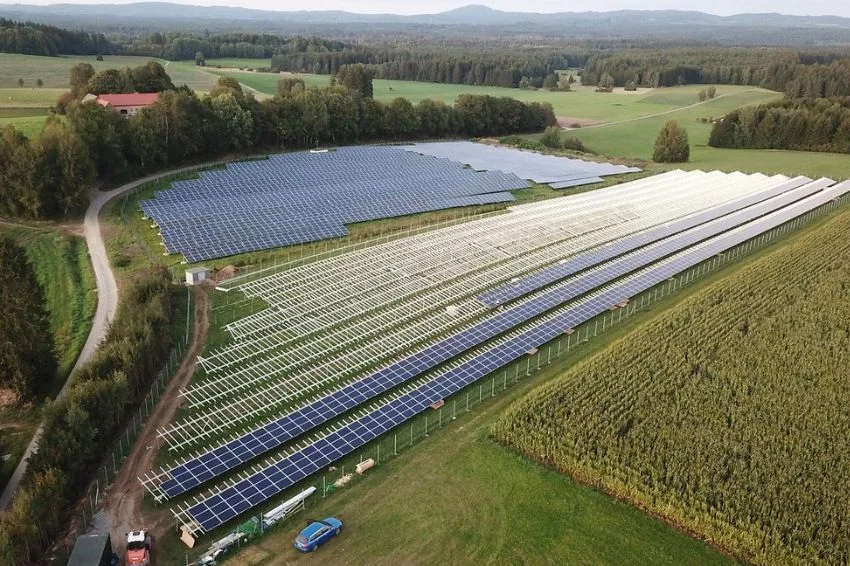
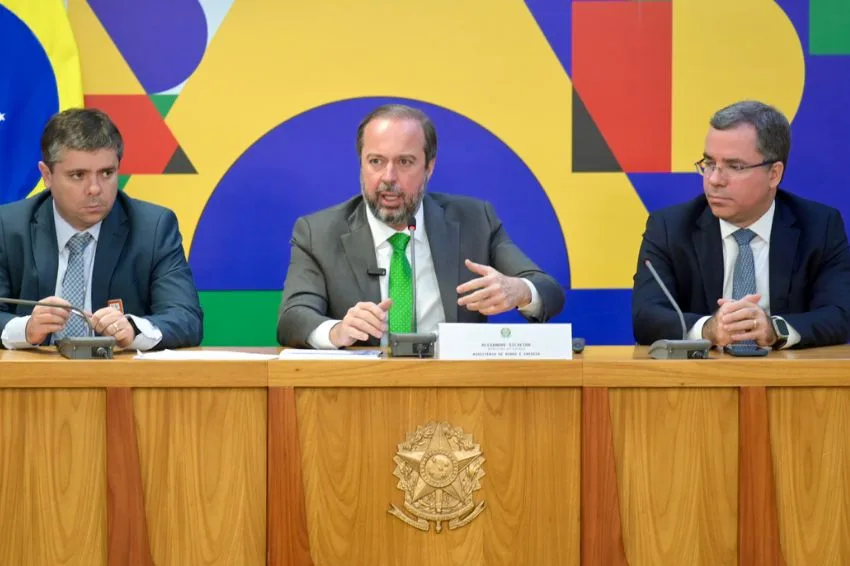
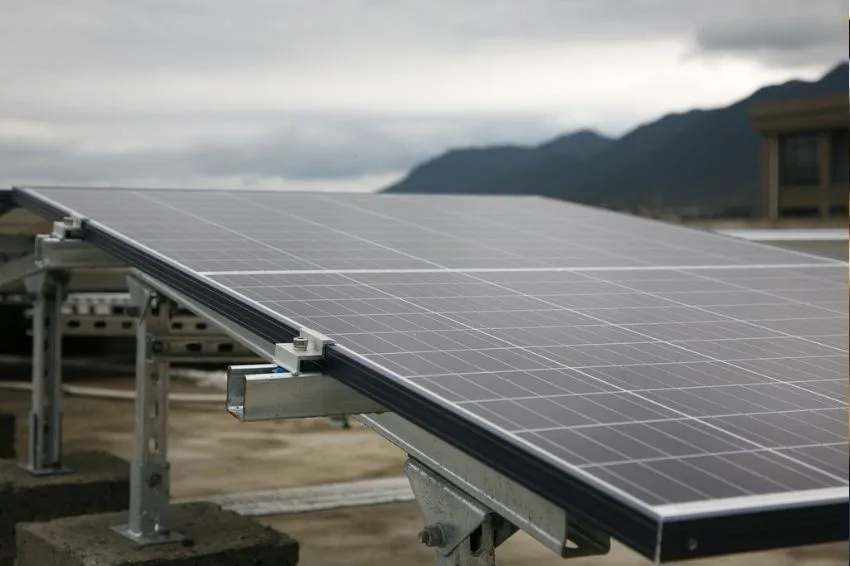
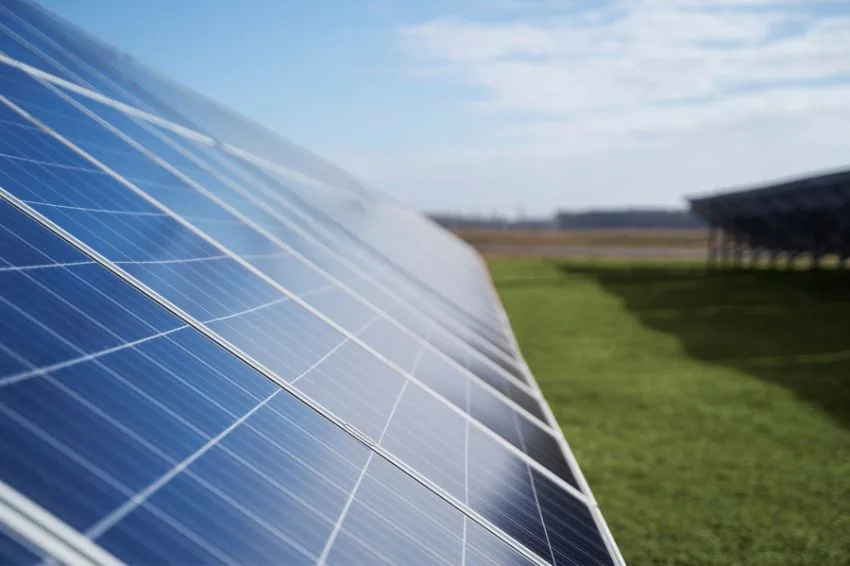
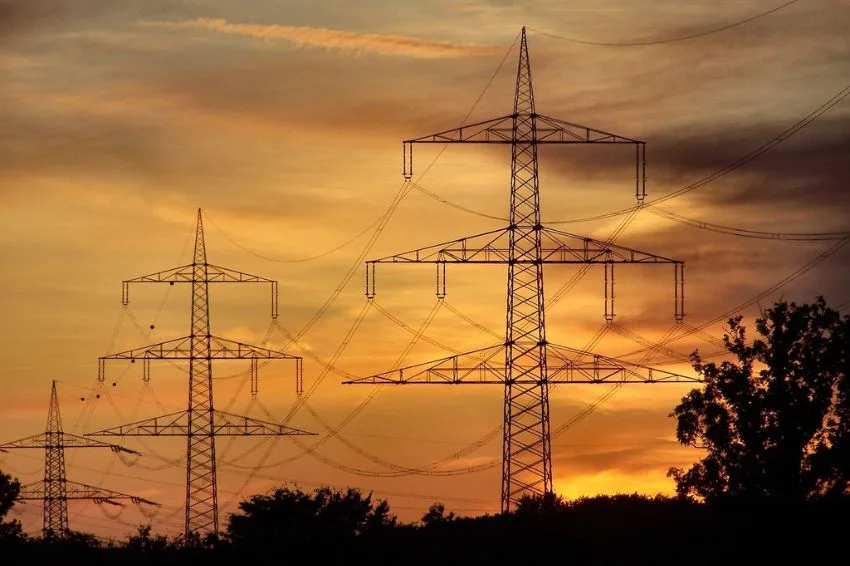







One Response
Thank you, best of all. I shared it on my blog, success.